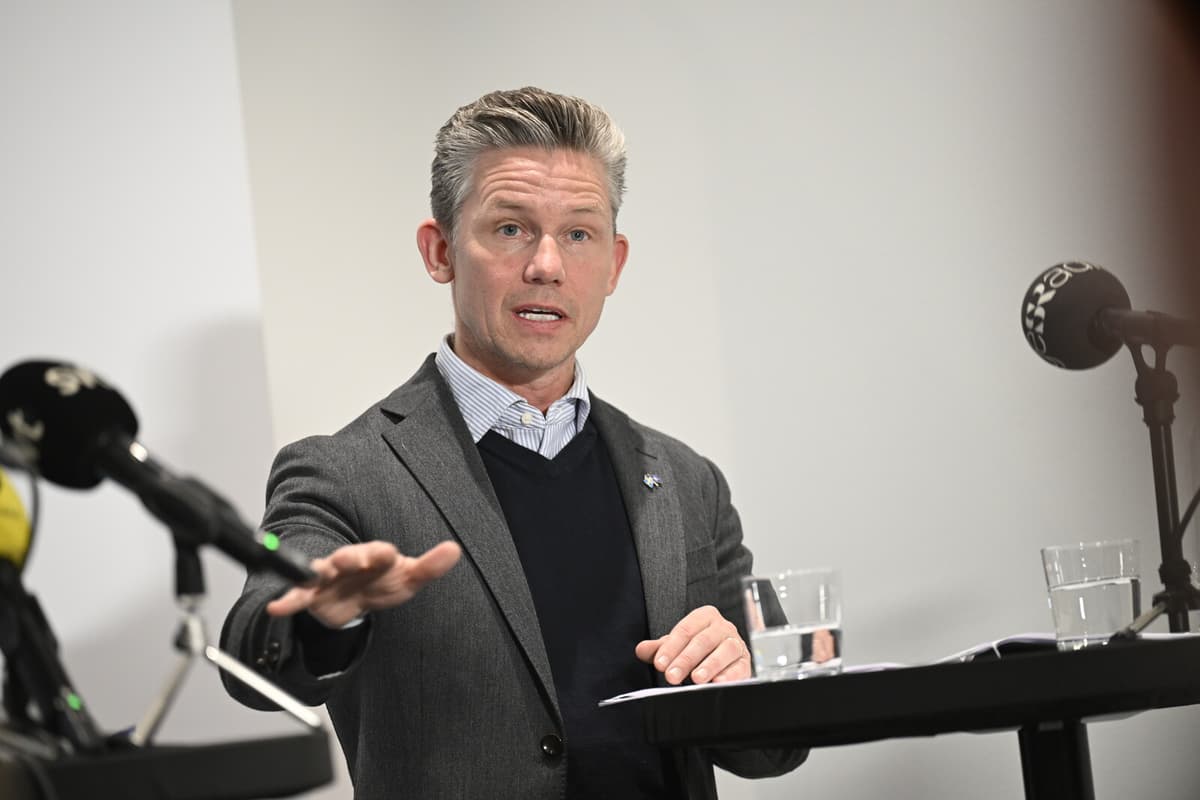In his speech at the Folk och Försvar national conference, Jonson pointed out that the defense budget is now 63 billion kronor higher than in 2022 and that the government authorized the Swedish Armed Forces to purchase equipment for 128 billion kronor last year.
Now it's high time to convert the increased resources into military capability, says Jonson.
The war units are the units that need to be assembled and equipped when war threatens and are the core of Sweden's defense capability.
Therefore, everything must now be done to produce and strengthen the units. They must be equipped, manned, and trained. In short, they must be fully combat-ready, says Jonson.
"Nothing more important"
Nothing in the buildup of the defense, – I say it again – nothing, is more important than this.
Jonson emphasizes that what hinders the buildup of war units threatens our security and our conditions for living in peace.
This requires, among other things, that permit processes are shortened and decisions are streamlined.
The Riksdag has decided that four brigades, with approximately 5,000 men each, and with, for example, tanks, combat vehicles, intelligence and command units, should be operational by 2030. Politicians are worried that the buildup is progressing too slowly given the serious international situation.
NATO also sets high demands on the availability of Swedish units.
The greatest challenges
The relatively newly appointed Supreme Commander Michael Claesson is on the same line as the Minister of Defense.
Everything and everyone for the war units, he said in his speech.
The Supreme Commander stated that the plan is to first address deficiencies in the existing war units, then develop new units and new capabilities, such as military satellites in space and cyber defense.
The greatest challenges for increasing the pace of the buildup of war units are, according to the Supreme Commander, the defense industry's ability to increase its production and the Swedish Armed Forces' ability to maintain its recruitment power to increase personnel.
At the same time, daily incident preparedness must be maintained, integration into NATO continued, and participation in various NATO operations fulfilled.
The Supreme Commander is not currently concerned that the funds will not be sufficient.
The plan is balanced, says Claesson.






